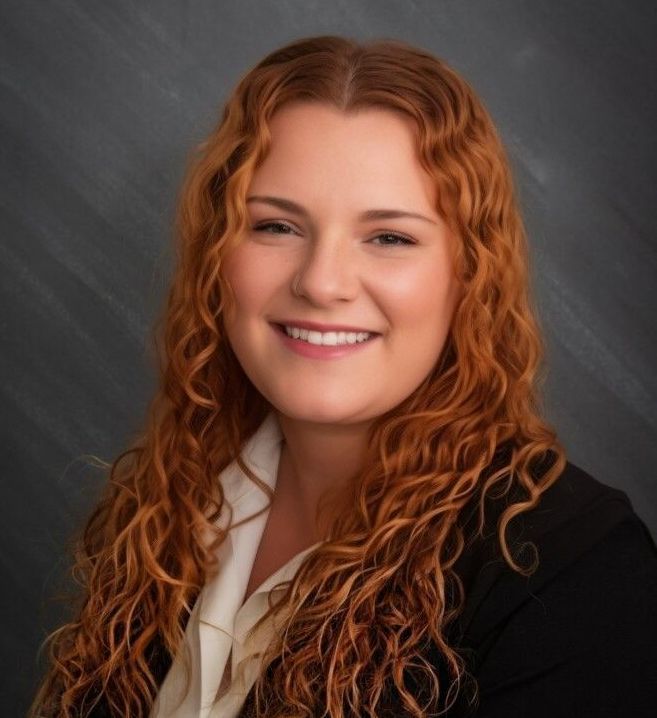Guidance for Conveying Your Love and Support
When someone dies—of COVID-19 or any cause—during this pandemic, their loved ones are being left to grieve in especially harrowing circumstances. It’s a terrible time for loss. It’s a terrible time to be grieving.
If you would like to support a grieving person during this time, you might feel unsure about what to say or do. After all, many of the time-honored methods of demonstrating your care and concern—such as attending the funeral, or stopping by the family’s home to offer an embrace and your presence—aren’t options. Yet you can still be a light in this dark time.
These principles will help guide you:
Get in touch, and stay in touch.
To convey your love and support, video calls are the best substitute for face-to-face conversations. Voice calls come second. After that, emails, texting, and social media work too. And don’t forget the power of the handwritten note!
Be an exemplary listener.
Try to listen most of the time. When you do talk, validate what the grieving person has said to you. In their isolation, they still need their experience witnessed and affirmed. They still need to feel heard and understood.
Say what’s on your heart.
Especially in challenging death circumstances, it can be difficult to know what to say to the grieving family. It’s always OK to say, “I’m so sorry,” “You’ve had to endure so much,” and “My heart is breaking for you.”
Listen to and share memories.
In the early days after a death, grieving people are usually consumed by shock, attending to tasks related to the death, and integrating the reality of the circumstances of the death. But after some time has passed, they are often ready to start thinking about the life of the person who died. You can be someone who listens to the stories they want to tell and, if you have your own memories of the person who died, share them with the grieving person and their family.
Keep in mind that it matters less what you specifically say or do and more that you simply make efforts to get and stay in touch. If you genuinely care and you find active ways to express your empathy, the grieving person will feel your support, even from a distance.
Adapted from an article by Alan D. Wolfelt, Ph.D., an author, educator, and grief counselor. He serves as Director of the Center for Loss and Life Transition.











